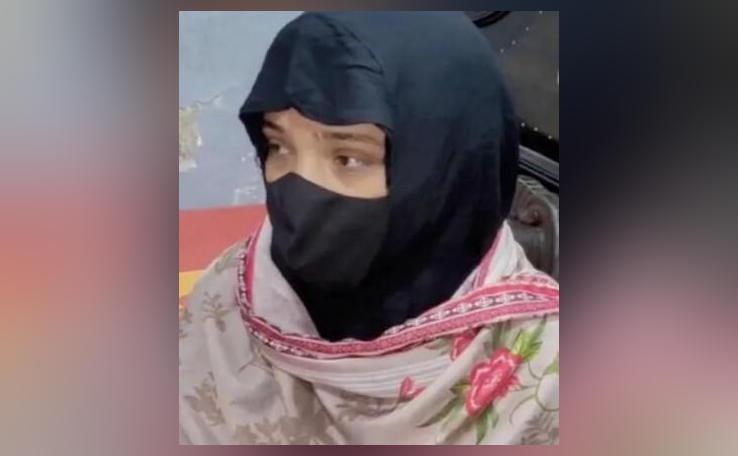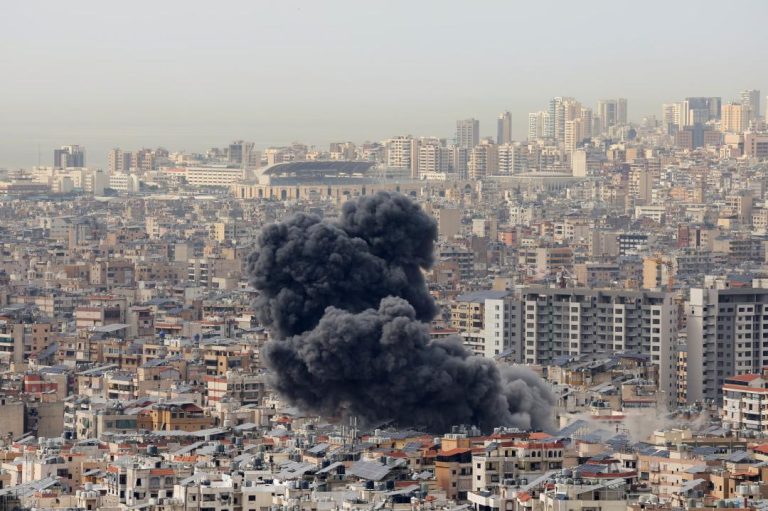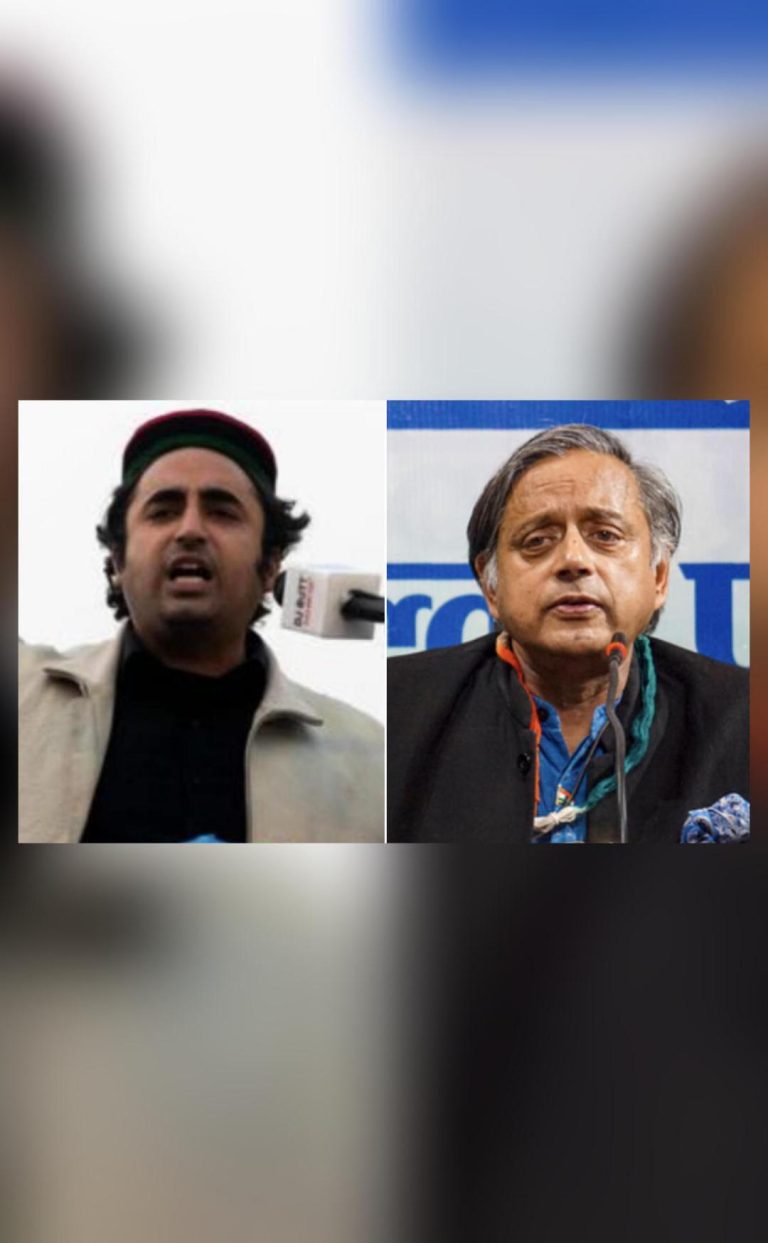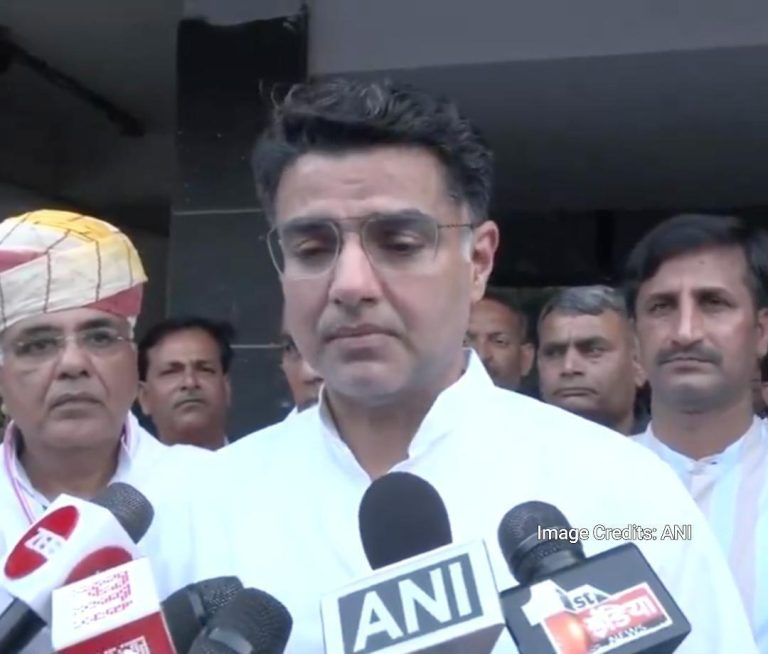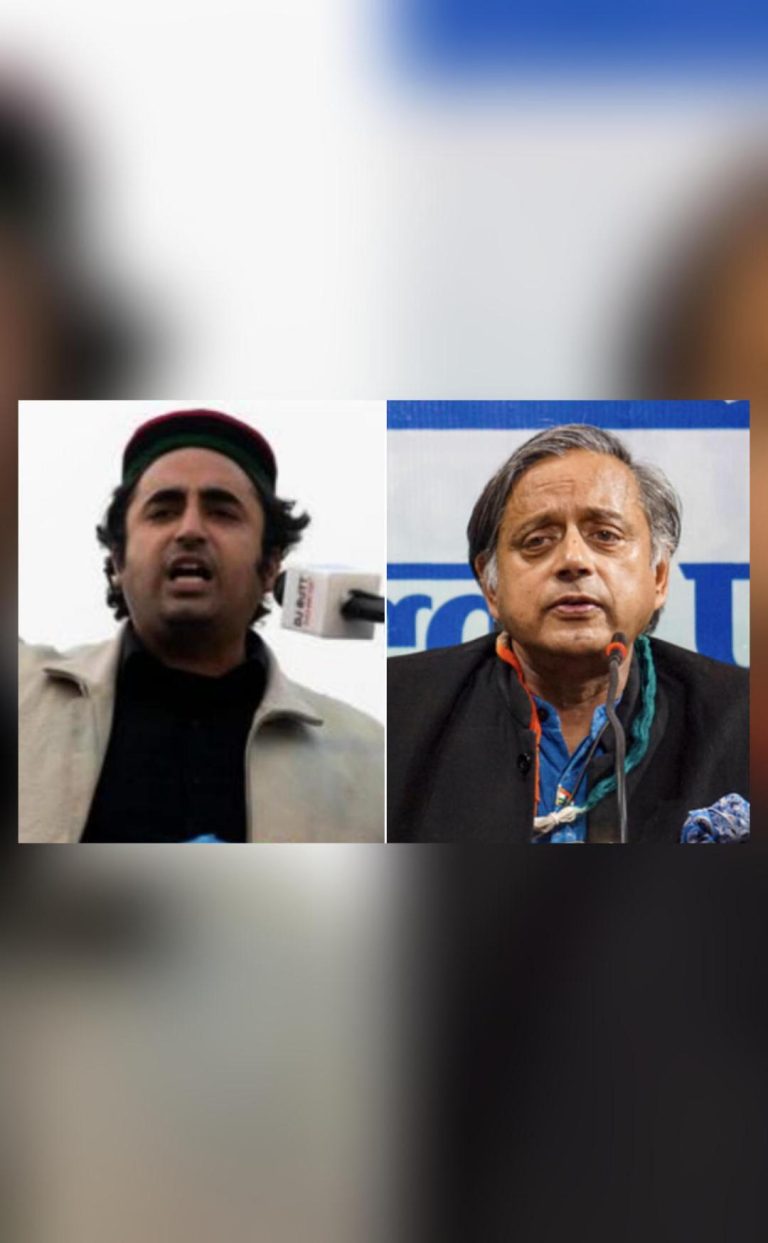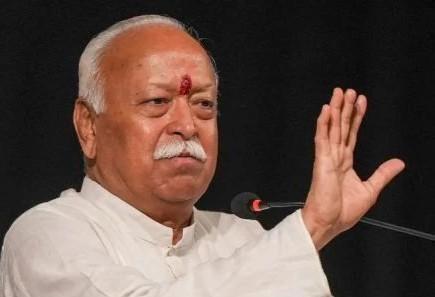
If someone turns to evil then we’ll teach lesson: Bhagwat on J&K attack
The recent terror attack in Pahalgam, Jammu and Kashmir, has left the nation in shock and anger. The attack, which resulted in the loss of innocent lives, has sparked a debate on the effectiveness of India’s counter-terrorism strategy. Amidst the chaos and outrage, RSS chief Mohan Bhagwat has weighed in on the situation, stating that non-violence is India’s religion, but so is teaching a lesson to “oppressors and hooligans”.
Bhagwat’s comments come at a time when India is grappling with the challenges of terrorism and extremism. The Pahalgam attack, which was carried out by a group of terrorists, has raised concerns about the government’s ability to protect its citizens. In response, Bhagwat has emphasized the importance of non-violence and the need to teach a lesson to those who engage in evil acts.
“We never harm or disrespect our neighbours, but if someone is bent on being evil, what is the cure?” Bhagwat asked during a press conference. “The king’s duty is to protect the people, and he will do his duty.”
Bhagwat’s statement has been welcomed by some who see it as a strong message to those who engage in terrorism. However, others have criticized the RSS chief for his comments, arguing that they are inflammatory and may exacerbate the situation.
The Pahalgam attack is just the latest in a series of terrorist incidents in Jammu and Kashmir. The region has been plagued by violence and insurgency for decades, and the recent attacks have highlighted the need for a comprehensive and effective counter-terrorism strategy.
India’s counter-terrorism strategy has been criticized for being reactive rather than proactive. The government has relied heavily on military force to deal with terrorist incidents, rather than addressing the root causes of extremism. This approach has been criticized for being ineffective and may even be contributing to the spread of terrorism.
In contrast, Bhagwat’s emphasis on teaching a lesson to “oppressors and hooligans” suggests a more proactive approach. Rather than simply reacting to terrorist incidents, the government should take a more holistic approach that addresses the social, economic, and political grievances that drive extremism.
Bhagwat’s comments also highlight the importance of non-violence in India’s approach to terrorism. Non-violence is a fundamental aspect of Indian culture and philosophy, and it is essential that the government approaches terrorism in a way that is consistent with these values.
However, Bhagwat’s statement has also been criticized for being overly simplistic. The issue of terrorism is complex and multifaceted, and it cannot be solved through a simple lesson or punishment. Instead, the government needs to take a more nuanced approach that addresses the underlying causes of extremism.
In conclusion, Bhagwat’s statement on the Pahalgam attack highlights the importance of non-violence and the need to teach a lesson to those who engage in evil acts. While his comments may have been misunderstood by some, they also highlight the need for a more proactive and holistic approach to counter-terrorism.
As India continues to grapple with the challenges of terrorism and extremism, it is essential that the government takes a comprehensive and effective approach that addresses the root causes of extremism. This approach should be based on non-violence and the principles of Indian culture and philosophy.
Source: https://youtu.be/SpAKVWl5wII
